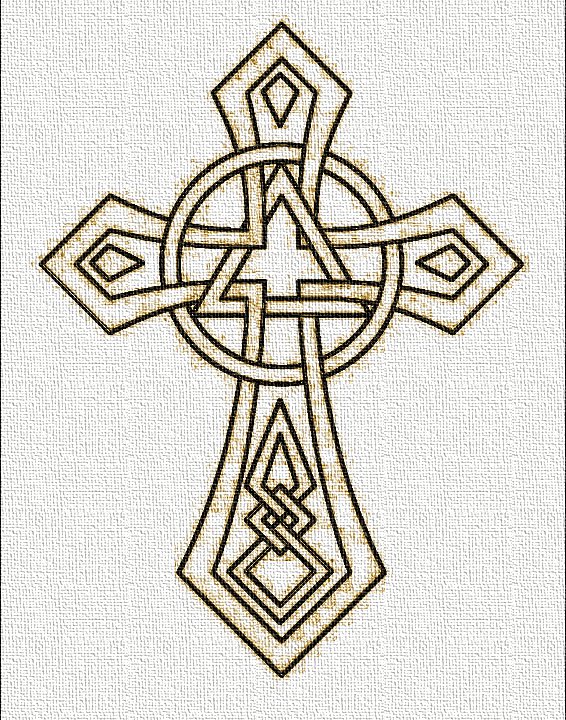I love my home church. Of course many of us would say this. There is always a certain affection we carry with us for the “folks back home.” But when I look out over the crowd at Calvary Christian Church, I feel, or rather see, something more than love. I see a vision.
And not just for one church, but for the whole denomination. A group of people who came together in faith to discover and hold to that which is necessary to live as such a community. The primacy of scripture, Christian faith that transcends denominational hatred, a desire to rekindle the spirit of the early churches.
There is something amazingly powerful in a church that truly believes. A community of people filled with faith, hope and love. Sincerity, Charity, Compassion, Patience, Passion. These are the things revolution is made of. When I look out over that congregation I see God’s calling hovering. I see expectation, I see commission. I see vision. I see new dreams.
God’s call is out ahead of us. God’s purposes, God’s kingdom waiting for actualization. A spirit of resurrection waiting for dry bones. But God’s purposes are an outstretched hand. An expectation. God allows us to participate in his work but we are also allowed to falter, to stumble even to fail.
In Matthew 28 we see the disciples encounter the resurrected Christ. They’ve now seen Christ undergo the cross and pass through the other side of death. In verse 17 they are moments away from the Great Commission. From receiving God’s great call for their lives. But even there they falter. The word in question in v. 17 is ἐδίστασαν, traditionally rendered as “doubted”. But this doesn’t quite encapsulate the full nuances of the word. The root word, διστάζω, has a very distinct image to it. It is, quite specifically, the image of one standing at a crossroads, wavering, indecisively. Doubt and hesitation about the road ahead. “And having beheld him, they worshiped him. But some/they wavered”
This is where we stand. We’re at the crossroads of something different. All we need is already here. In the face of the God who has already gone out before us, all we have left is the choice. Are we ready to go?

